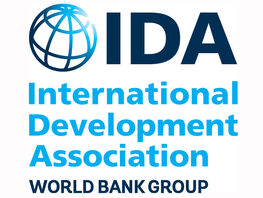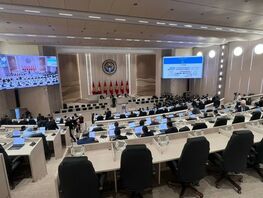The Ministry of Economy and Commerce of Kyrgyzstan has drafted a resolution proposing a phased increase in excise tax rates on key excisable goods, the full taxation of non-alcoholic beverages, as well as strong and premium alcoholic products. The draft document has been submitted for public discussion.
The initiative aims to boost excise tax revenues to the state budget, simplify the administration of deposit payments for labeled alcoholic beverages imported from Eurasian Economic Union (EAEU) member states, and create favorable conditions for businesses to implement tracking and control labeling.
As a reminder, the following goods are subject to excise labeling:
- Starting from June 1, 2024: waters, including mineral and carbonated, containing added sugar or other sweetening or flavoring agents;
- Starting from January 1, 2027: traditional national beverages such as bozo, maksym, and zharma, as well as baby food.
The current excise tax rate in 2025 is set for waters, including mineral and carbonated waters containing added sugar or other sweetening or flavoring substances, at three soms per liter; for national drinks (bozo, maksym and zharma) at 0 soms per liter, and for energy soft drinks at six soms per liter.
A four-year increase in excise tax rates is proposed in order to protect citizens from consuming harmful products by increasing their prices ahead of the inflation rate and ensuring growth in tax revenues to the state budget.
«At present, the Eurasian Economic Commission is considering a draft agreement on regulating the alcohol market within the Eurasian Economic Union, which provides for the abolition of deposit payments on alcoholic beverages in the EAEU member states.
We also note that no EAEU country applies a deposit payment to beer products.
Taking into account the above, this resolution proposes to extend the term for introducing a deposit payment for beer and simplify the procedure for administering the deposit payment when importing labeled products from EAEU countries until the adoption of an agreement on regulating the alcohol market within the Eurasian Economic Union,» the background statement says.






